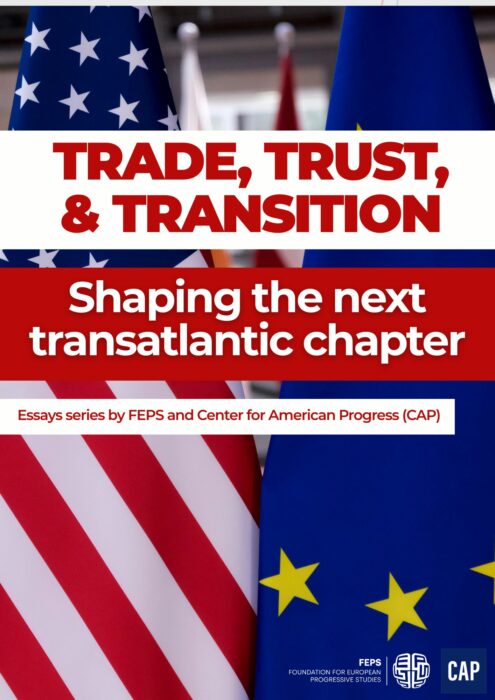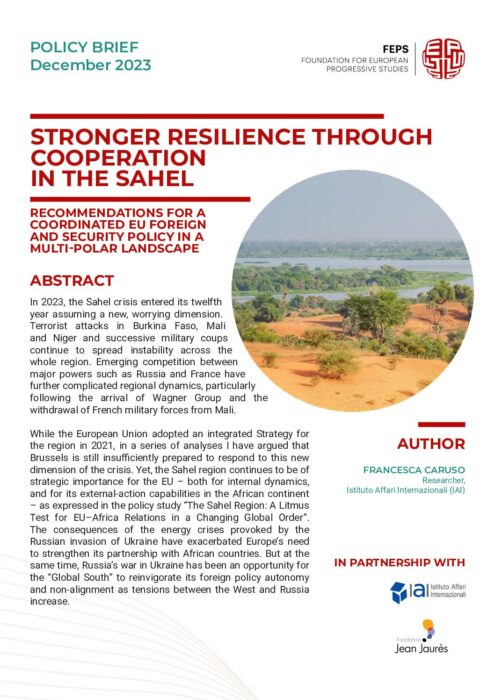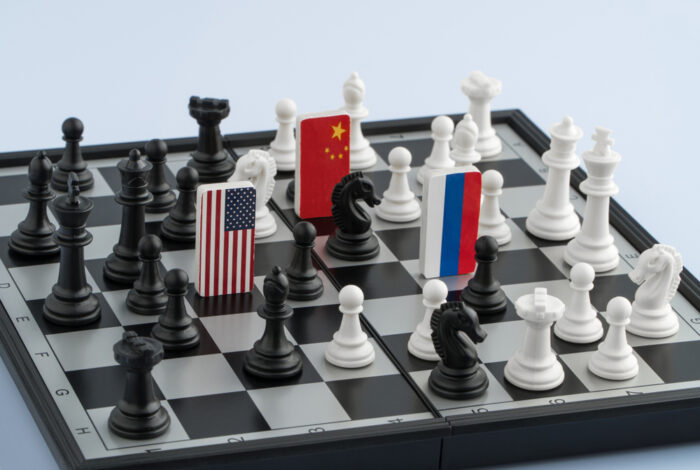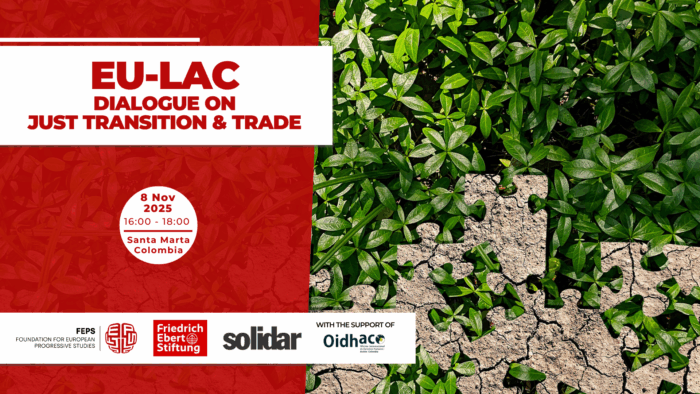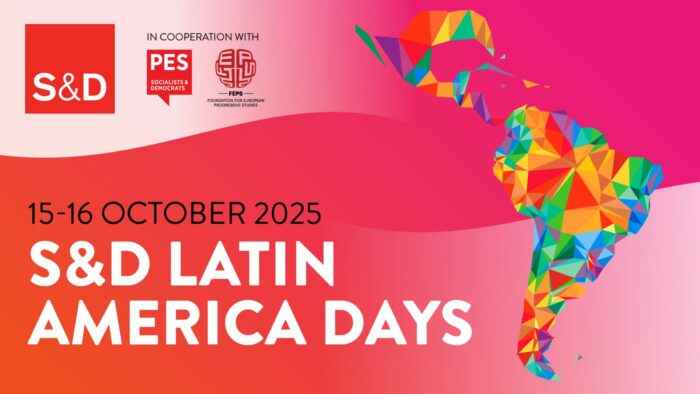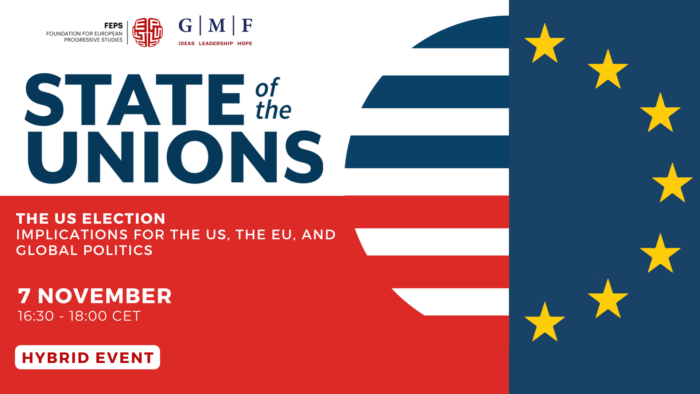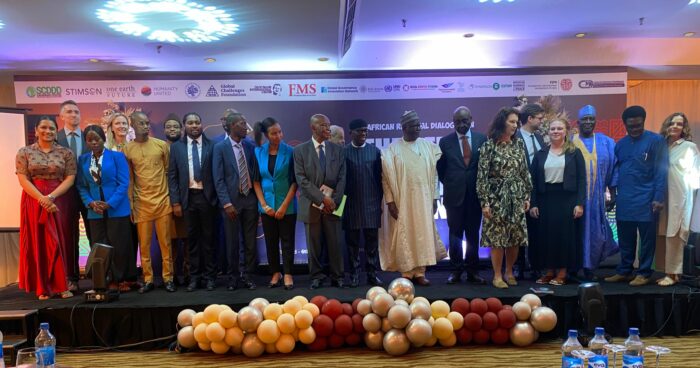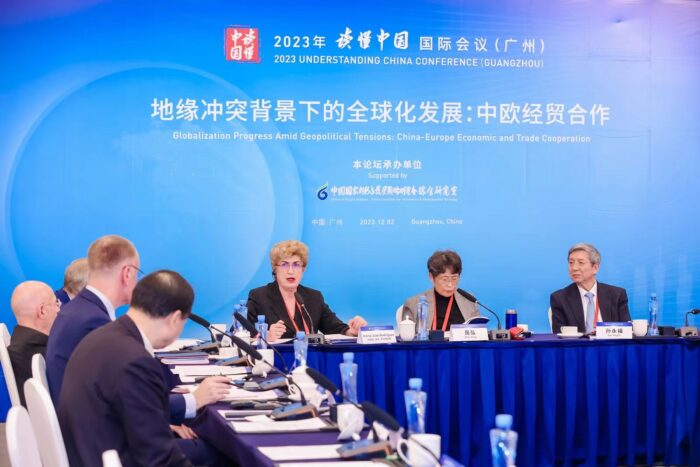Find all related publications
Publications
Find all related Progressive Post
Progressive Post
Find all related events
Events
Past
08/11/2025
Santa Marta, Colombia
16/10/2025
Brussels, Belgium
07/11/2024
FEPS HQ, Brussels (Hybrid)
Load more...
Find all related Audiovisual
Audiovisual
04/01/2024
Find all related news
News
Find all related in the media
In the media

